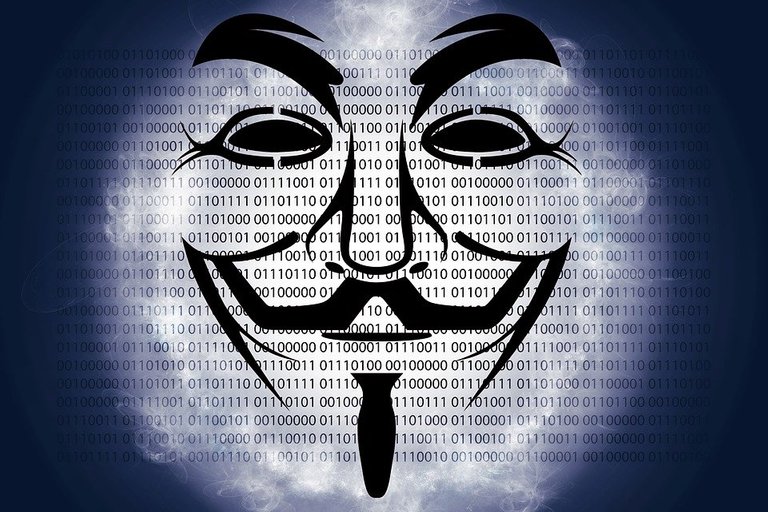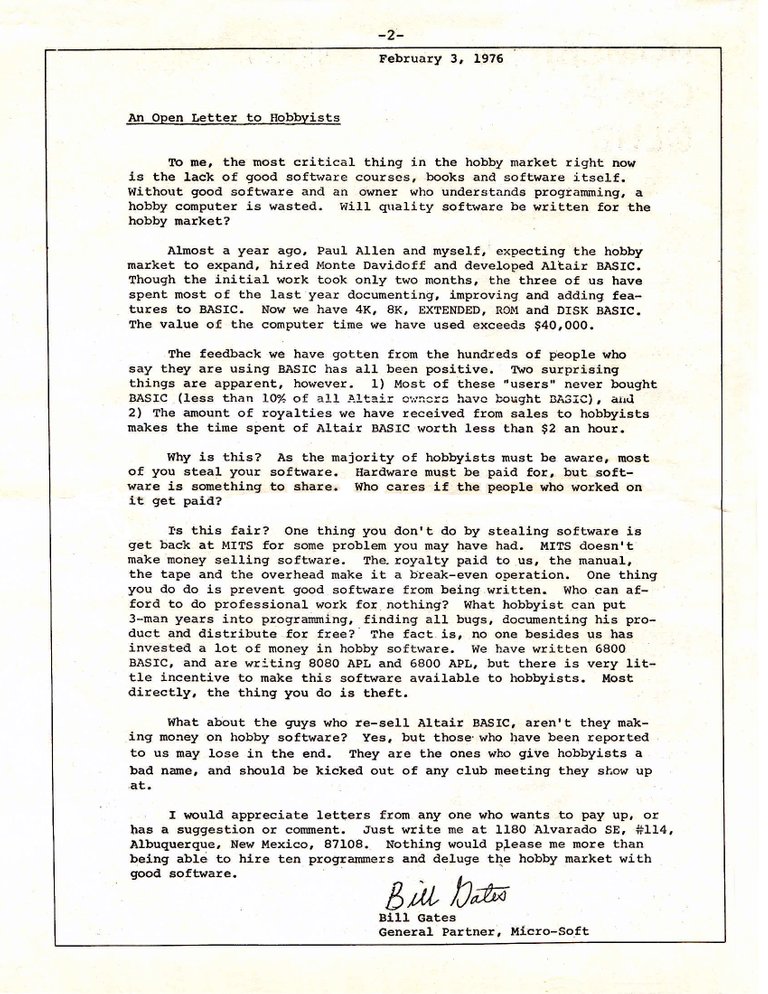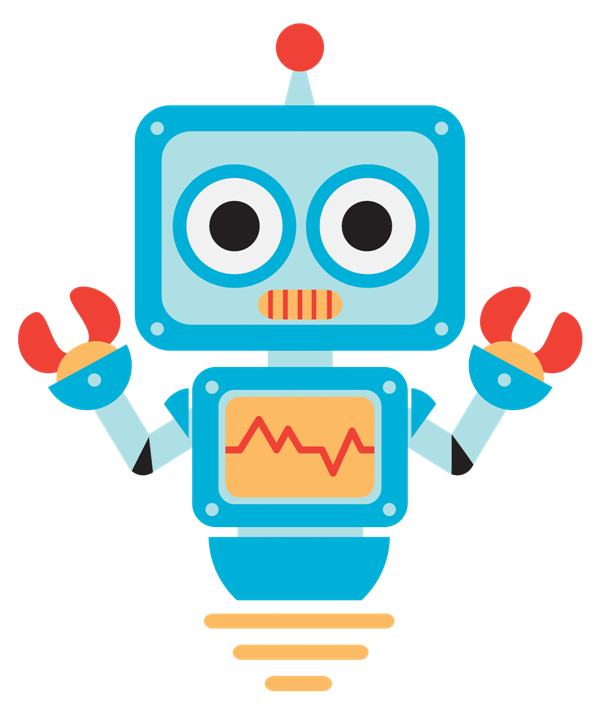
What is the first thing that comes to your mind, when you hear the word hacker? Is it theft, crime, data stealing or something similar? Is it Anonymous or Mr. Robot?
What if I tell you, that the first as hackers designated group of people, was a group of students at MIT (Massachusetts Institute of Technology) with the goal to automatize processes of their model railroad.

So, what is the correct definition of a hacker? Is is someone who write or even just copies malware or uses an online theft service to steal money or blackmail people, or rather a clever programmer, who finds a creative solution for a problem?
To answer this question, we'll have to take a more detailed look, of the hackers history.
The beginning: 1960
It all began in the 1960s at MIT. The first official hackers were the students of TMRC (Tech Model Railroad Club).
The definition of a "hack" by this time was "creative solution how to solve a technical problem". Hackers used to be viewed as people who were sitting in their room the whole day, programming nonstop.
The Homebrew Computer Club and Apple
Later, in the 70s, first groups of hackers were formed. One of the most famous was the "Homebrew Computer Club". The thoughts and attitudes of this groups formed a whole new "Hacker-Ethic" or hacker culture. These hackers saw the upcoming technologies as a new chance to improve the world and life. In their opinion, everybody should have access to all the software and have the option to optimize or to change that software as they want without any restriction.
Later on, the worlds largest hacker lexicon, the Jargon-Lexicon or The Hacker's Dictionary, was created at MIT. Today this dictionary is still maintained and contains plenty of definitions and maxims from the hackers world. This dictionary defines a hacker as a clever programmer.
In 1976, a student named Steve Wozniak and his good friend Steve Jobs designed a computer that could be used for everyday life. They founded Apple Computers.
Simultaneously, another hacker migrated to a new, rather strange, direction for this time. In 1965 William (Bill) Henry Gates and Paul Allen established Micro-Soft (Today: Microsoft). Gates' idea was not to sell hardware but just software. This business idea was mocked by all the other hackers. The concept of selling software was against the hacker ethic.
Gates neither wanted to share his knowledge with other hackers nor let the others use his software without paying. In a letter known as the Open Letter to the Homebrew Computer Club, Gates accused all hackers who copied or modified his software without paying, as thieves.

Gates' thoughts of "illegal copies" and "pirating" confused the hackers and Gates lost popularity.
A the relevance and popularity of Microsoft grew, so did the conviction that software could not be free.
First bypass of restrictions: Captain Crunch
Back in the 70s "Captain Crunch" devised a way to make free international calls by using a pipe that produced the exact frequency that was needed to unlock AT&T international calls.
Beginning of crime: Black hats
The actual beginning of hacking, as we see it today (theft, crime) began in the early 80s. This group of hackers are also called "Black Hats". During this time, hacker groups like "Legion of Doom" (USA) and "Chaos Computer Club" (Germany) were founded. To this day, these two groups are still two of the most known and respected hacker groups ever founded.
Types of hackers
More and more hackers developed methods to exploit security leaks in computer systems. Over time there were several spin-offs of hackers like "crackers", which are breaking software, "phrackers" which are exploiting phones and "social engineers" which are exploiting human resources.
But overall, all this crime and illegal stuff is just one part of hacking. Today there is a clear and official subdivision of hackers.
Here is a brief explanation over those three types.
Black hats
* All the illegal stuff
* Mostly extremely intelligent
* Gain money illegally
* Aggressive person (theft)
* Very dangerous especially in groups
Grey hats
* Find vulnerabilities of companies
* Report these vulnerabilities
* Non profit
White hats
* Expand knowledge and experiment
* Paid by companies or governments
* Find solutions to fix them
Red hats
* Previously black hats
* Used by governments
* Performing counterattacks
Script kiddies
* Mostly young
* Little knowledge
* Copying code
* Try to crack computers
Thanks for reading and I hope you have learned something today ;)
If you like this post, please upvote it or write a comment and don't forget to follow me :)


Congratulations @giosuel-unknown! You have completed some achievement on Steemit and have been rewarded with new badge(s) :
Click on any badge to view your own Board of Honor on SteemitBoard.
For more information about SteemitBoard, click here
If you no longer want to receive notifications, reply to this comment with the word
STOPCongratulations @giosuel-unknown! You received a personal award!
Happy Birthday! - You are on the Steem blockchain for 1 year!
Click here to view your Board
Congratulations @giosuel-unknown! You received a personal award!
You can view your badges on your Steem Board and compare to others on the Steem Ranking
Vote for @Steemitboard as a witness to get one more award and increased upvotes!